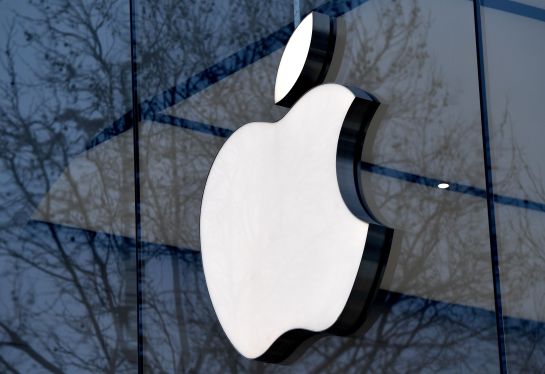The German Federal Cartel Office (Bundeskartellamt) has recently designated Apple under the Special Abusing Control (SAC) framework, a measure that could impose significant regulatory oversight over the company. This designation follows an extensive investigation into Apple’s market dominance and its potential impact on competition in key sectors such as mobile devices, software, and services.
Apple’s Market Position
Why Apple Meets SAC Criteria
Apple has long been recognized as a global leader in technology, dominating the smartphone market with its iPhone line of products. The company’s ability to innovate at an unparalleled pace has allowed it to capture a lion’s share of the industry, leaving little room for competitors to challenge its dominance. This market control can lead to anti-competitive practices such as exclusivity agreements, tying sales, and preferential treatment in regulatory matters.
Ecosystem Interdependence
Apple’s Ecosystem—combining hardware, software, and services—is designed to create a tightly integrated user experience. For instance, the company offers an array of services like App Store, Mac App Store, and iCloud, all of which operate on a single platform. This ecosystem structure allows for significant control over user choices, reducing competition among third-party vendors.
Tie-Back Arrangements
A key point in Apple’s case is its ability to force resellers or competitors into unacceptable terms. For example, Apple requires resellers to carry specific products and provides substantial discounts on bulk purchases of iPhones. This creates a situation where competitors are forced to either comply with Apple’s terms or risk losing significant market share.
Market Power and Monopolistic Conduct
Apple’s control extends beyond hardware sales; it also impacts content distribution. The company holds exclusive rights to distribute its own software, such as iOS and macOS, which are integral to the functionality of third-party applications. This monopsony power over digital content creates barriers that prevent meaningful competition.
Context of Previous Designations
Apple’s Track Record
While Apple has faced designation for other companies in recent years—most notably Amazon, Google, and Meta—its own track record is free of anti-competitive practices. The company has consistently prioritized innovation and user experience over short-term gains, setting a high standard for competitiveness.
Regulatory Focus in Germany
The German antitrust authority’s designation reflects its broader regulatory strategy. By targeting companies with significant market power, the Bundeskartellamt aims to strengthen competition across industries. This approach is part of a larger trend in Europe toward regulating big tech firms that may otherwise unduly influence market dynamics.
The Digital Markets Act Context
Regulatory Landscape
The Digital Markets Act (DMA) currently under consideration by European regulators could significantly impact the designation. If passed, the DMA might extend the scope of competition laws to include more companies operating in digital markets. This could result in broader regulatory scrutiny for companies like Apple that are already facing antitrust probes.
Statement from the Head of the Bundeskartellamt
In a statement, Andreas Mundt, head of the Bundeskartellamt, emphasized the importance of the designation. "Apple’s market dominance and its ability to create an ecosystem that binds users tightly have created significant barriers for competitors. This designation is necessary to ensure fair competition in the market place."
Apple’s Response
In response to the designation, Apple issued a statement denouncing what it described as an unfair regulatory framework. "This designation places an undue burden on legitimate businesses and innovation," said Tim Cook, Apple’s CEO. The company has threatened legal action over the designation but has yet to file any formal complaints.
Ongoing Investigations
The Bundeskartellamt is also investigating whether Apple’s ties with resellers violate anti-competitive practices. Specifically, the authority is examining whether these arrangements result in consumers being unduly forced into Apple’s ecosystem or at a disadvantage compared to competitors. The ongoing investigations highlight the growing tension between innovation and competition in the tech industry.
Conclusion
The designation of Apple under the SAC framework underscores the Bundeskartellamt’s commitment to enforcing competition laws across key markets. As companies like Amazon, Google, and Meta have learned, such measures can lead to significant regulatory scrutiny and potential economic consequences for market participants. For Apple, this decision represents a turning point in its ongoing antitrust challenges, with implications that extend well beyond the German borders.









